Where Might the Future of DC Movies Lie?
Photo taken by Dev from Unsplash
In a superhero saturated movie market, DC has struggled to break out.
March 10, 2022
Leading into early March, The Batman released. Even though it may have felt like the fiftieth Batman movie, make no mistake, this is a great movie. As of now, it appears to be a smash-hit according to critics and stands to be one of the largest releases of the year, even in the superhero-saturated market that is the current box-office. This article is by no means a review, and if you are looking for that, take a look at this article. Instead, this article is my opinion piece of where Warner Bros and DC may see success in the future. To start with success in the future, we must look at failure in the past.
Looking back ten or so years, Marvel’s, and more generally superheroes’, dominance of the movie market might as well be an era. After Marvel continued to drop movies that broke box office records back-to-back and year after year, Warner Bros and DC sought to cash in on what seemed to be an infallible formula. However, what came out of their studios were widely regarded as gray-stained garbage piles that poorly imitated their much better Marvel counterparts. Now, while that may sound harsh, it was very clear that DC had attempted to set up a universe similar to that of Marvel’s with intertwining characters and storylines across multiple films. The key difference to the franchises was that word: multiple. While Marvel had shown restraint and patience, building anticipation in their fanbase as their films continued sprawling out, DC patched together two to three films and called it a day’s work.
Those films were Man of Steel, Batman v Superman: Dawn of Justice, and Justice League. With a lineup like that, it’s no wonder DC didn’t sway the market hold Marvel had on the genre. These films range from mediocre, to bad, to flat out terrible. Coincidentally, that range is in order of the films above. Each of these films either grossly misinterprets a character (Batman using guns and killing people) or falls flat on its face as it tries copying the wisecracks Marvel movies are now infamous for. Whether that be the fault of the director, who I’ll get to later, or the studio chopping up and editing his work, it doesn’t matter. That’s because the final product that was given out to the masses was something that came and went, leaving a sour taste in the mouths of those who saw it.
Back to the director, it’s hard to talk about these movies because Zack Snyder’s directorial career has been riddled with issues with the executives he has worked with. Those issues led to the aforementioned movies having two versions: the official cut, and the director’s cut. While this isn’t an uncommon occurrence, what is uncommon is the vast difference between the two editions of Batman v Superman and Justice League. To illustrate that point, Justice League is two2 hours long, and the Snyder Cut (the affectionate term given to Snyder’s director’s cut) is over four4 hours long. That’s an entire other movie! With those extra two hours, you’d hope that all the problems the original movie had were fixed. However, that is only partly true. While there is far better character development and it makes previously underutilized characters more compelling, the Snyder Cut is still a four hour long movie that takes something terrible and creates something painfully boring to watch. There were small moments of magic but not nearly enough for it to be worth watching.
Another issue lay with how the characters were treated. Take for example Superman in Man of Steel, who in a fight with the villain of the movie, destroys half the city the fight takes place in while killing millions. Even though the follow-up movie Batman v Superman addresses the mass loss of life, in retrospect it makes no sense to have a character such as Superman, who values life above all else, to crash through apartment complexes and rain meteor showers down across his city. This doesn’t even address what Batman was doing in those movies, which mostly included using guns (big contradiction of character), to murdering the henchmen of Lex Luthor (biggest contradiction). No matter how well these characters were performed by their actors, it couldn’t compensate for writing that treated them as if they were adapted from a completely different genre. To me personally, it was one of the biggest problems I had with these movies.
Swinging back to now, DC has had a somewhat clean track record recently, with movie successes like Shazam, Aquaman, and The Suicide Squad (by James Gunn) and shows like Peacemaker being well-received. Perhaps the biggest proponent of their bounce-back, at least critically, has been their standalone films like Joker, and now The Batman. These films are not part of some universe (yet), but are singular stories told through the medium like a rendition of the comic books they are based on, rather than the loose adaptations of multiple comic stories that make up other superhero media. This approach has worked for them in the past as well. Take for example The Dark Knight Trilogy, which contains some of the most loved and critically acclaimed superhero films ever. These films are good enough to be considered by some as the best movies of all time. For DC to go from Christopher Nolan’s brilliance to fractured director’s cuts and official releases was troubling, but it seems possible that they’ve turned things around. I plan to stay cautiously optimistic about the future products they release, as even with the rocky track record, DC has so much potential and so many new stories to offer to cinema.



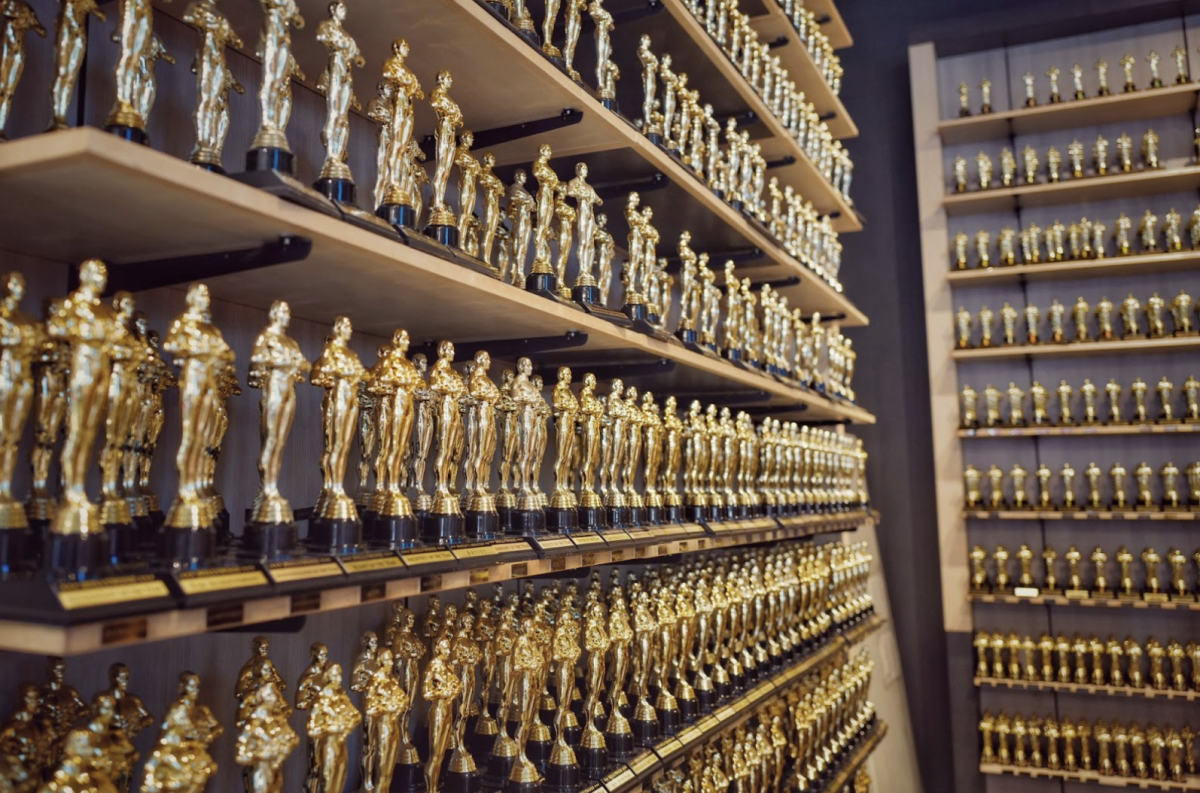




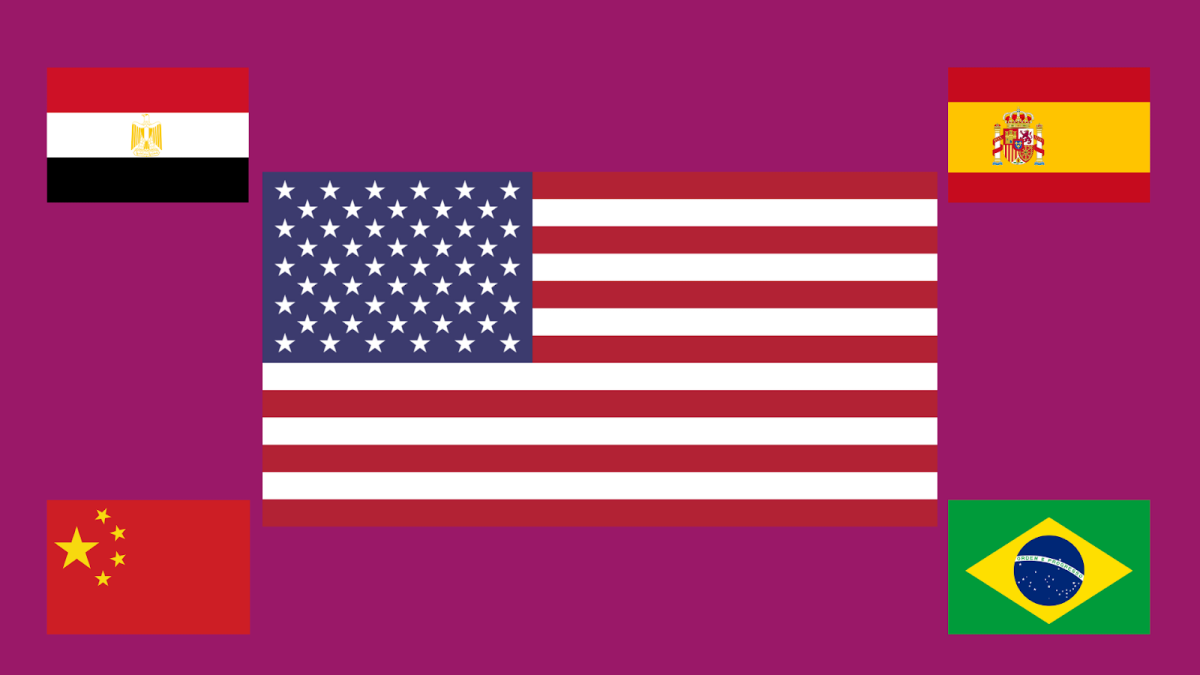



























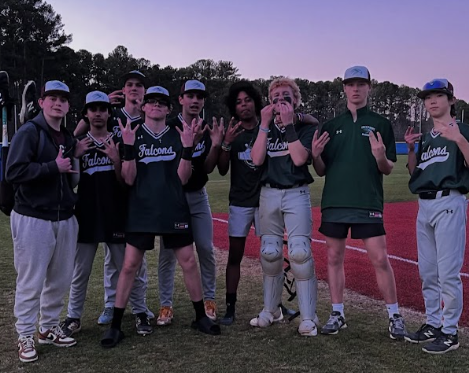





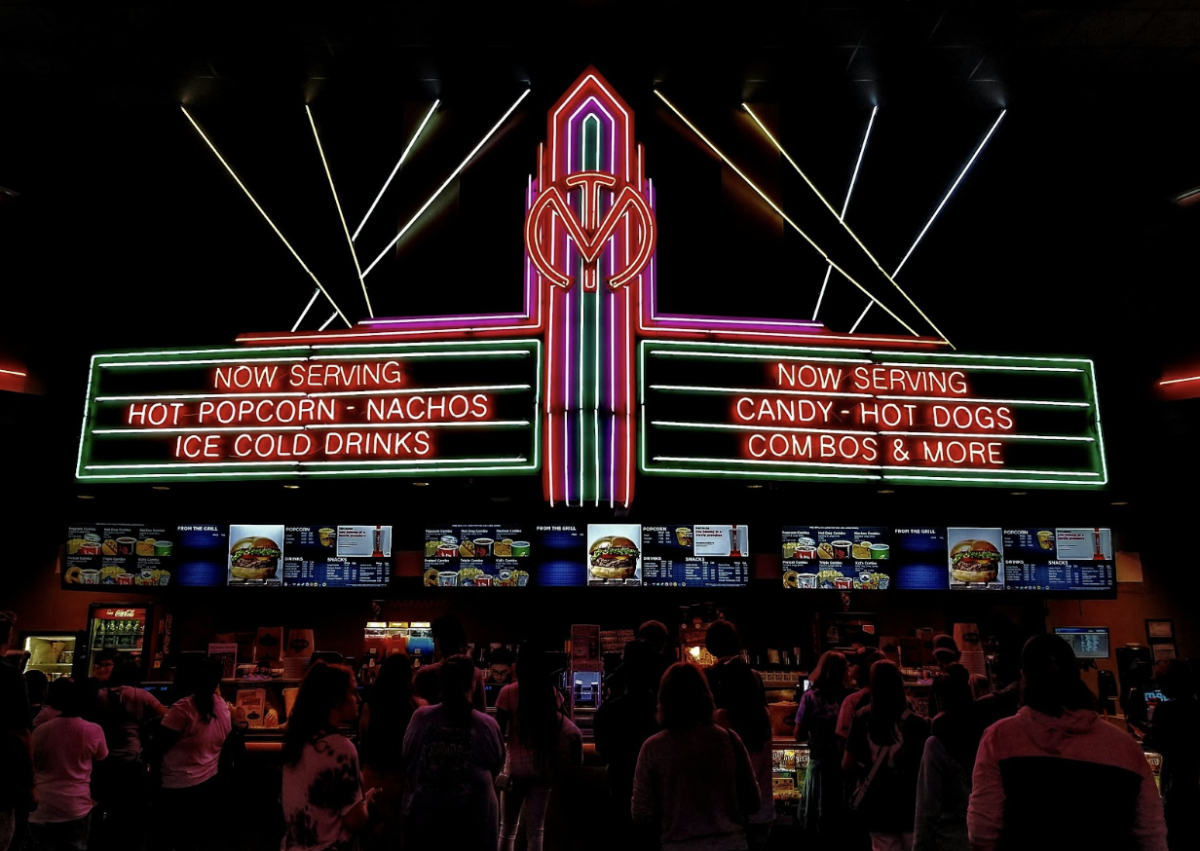

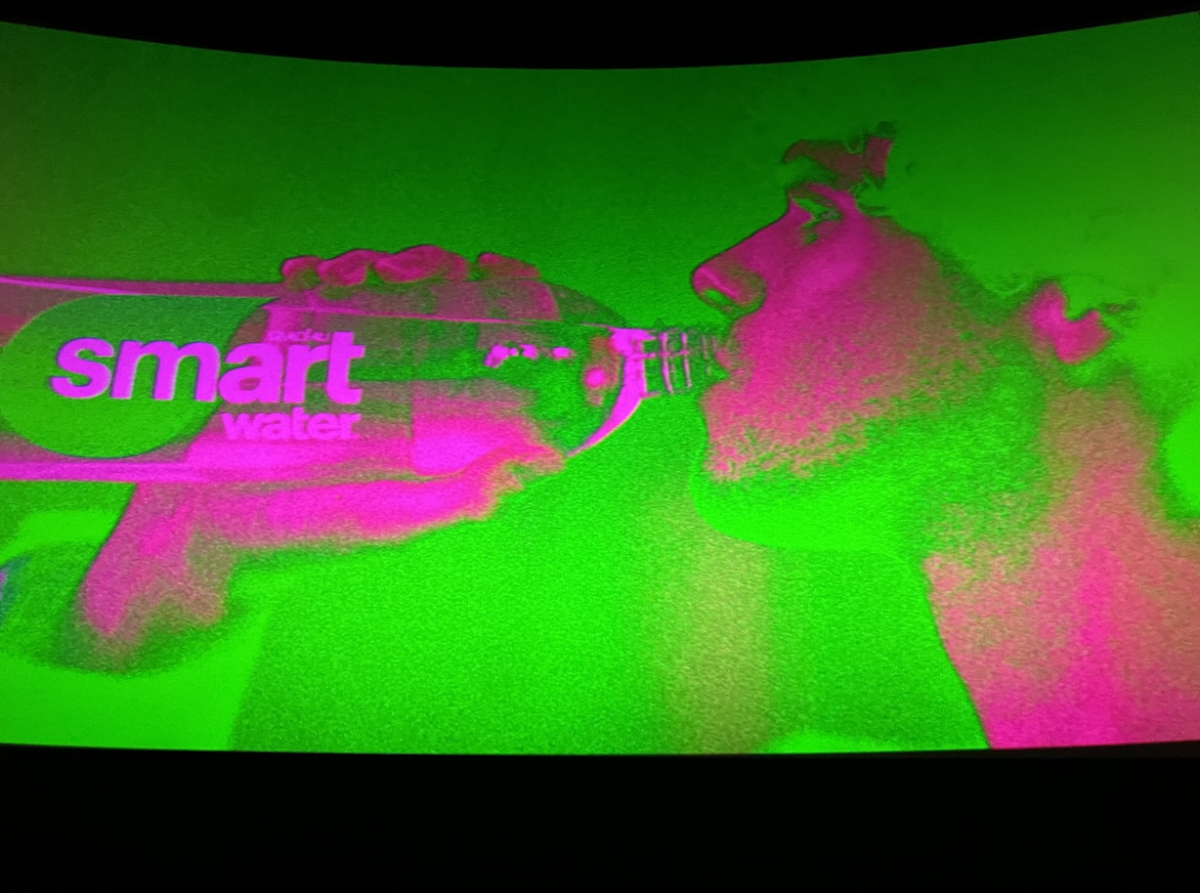

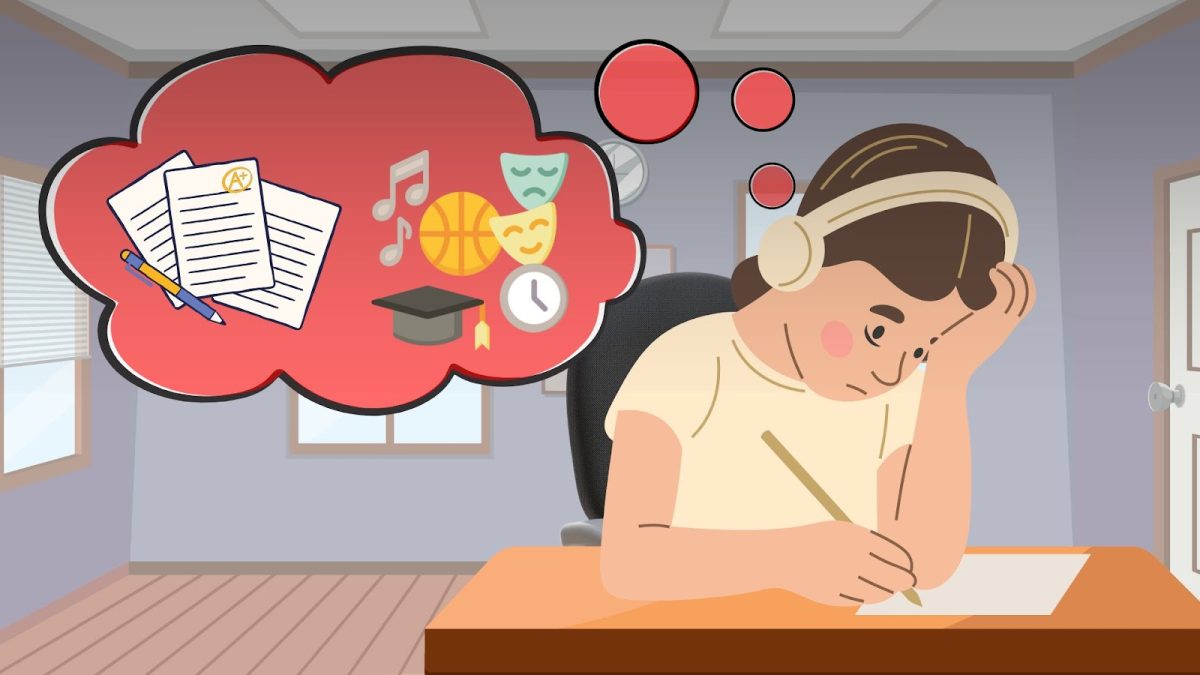








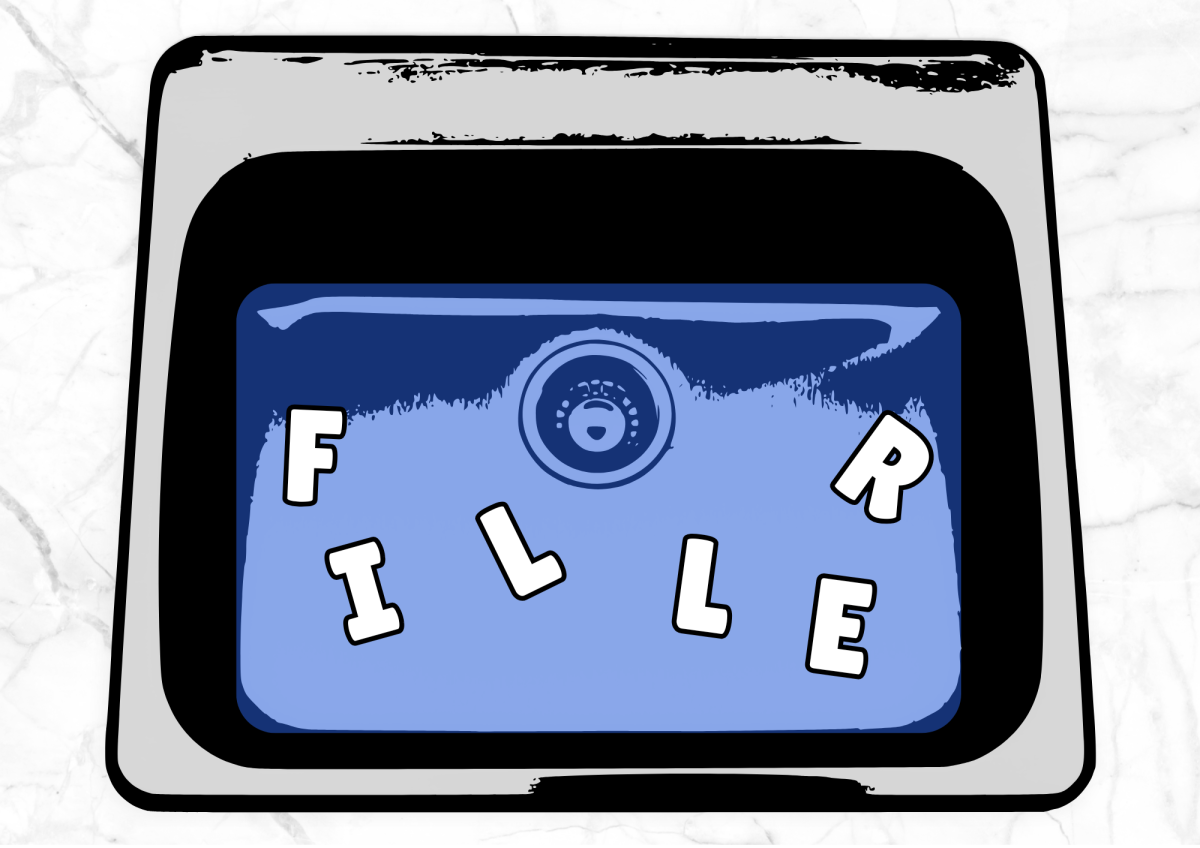


























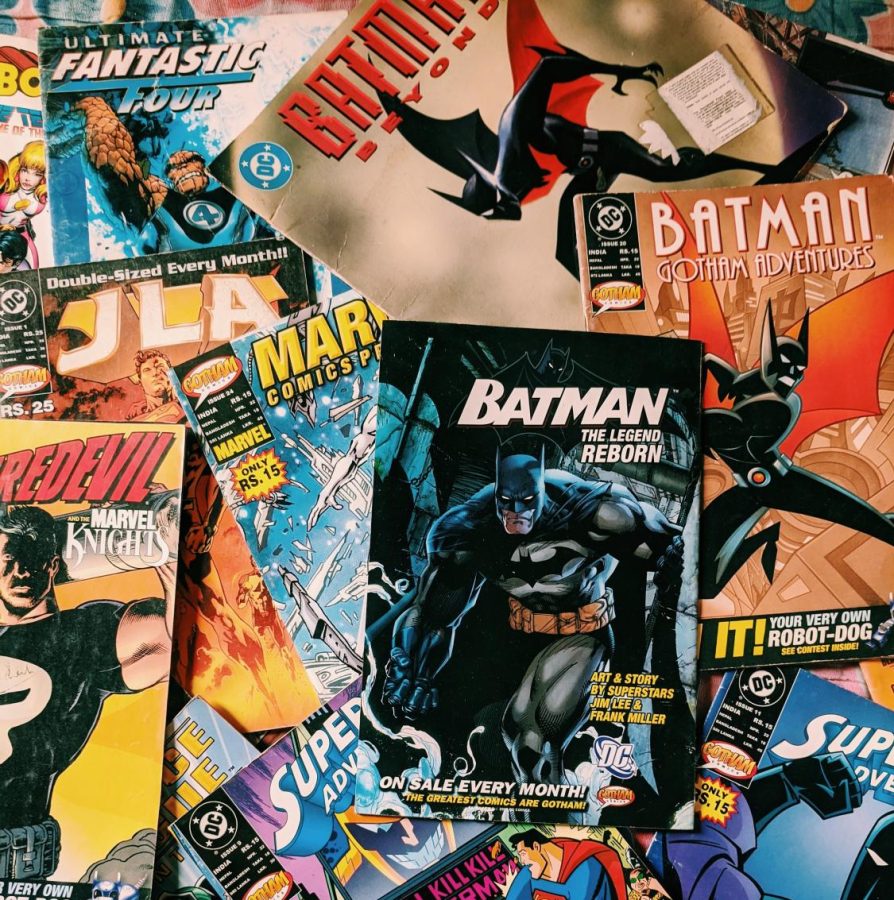

Mr. Coyle • Mar 17, 2022 at 2:20 pm
The Snyder Cut of the Justice League and the Director’s Cut of BvS were both good and I’ll stand by that.
My opinion is that I hope DC doesn’t try to replicate something like the MCU. I don’t want to have to watch 30 hours of other loosely related movies about characters I don’t care about to get the next batman film. Everything doesn’t have to be connected and it allows for the directors to have a lot more creative space to work with